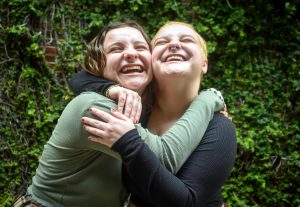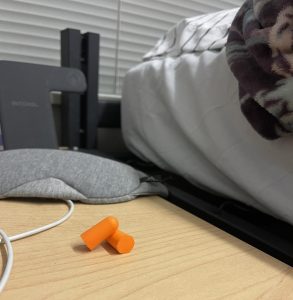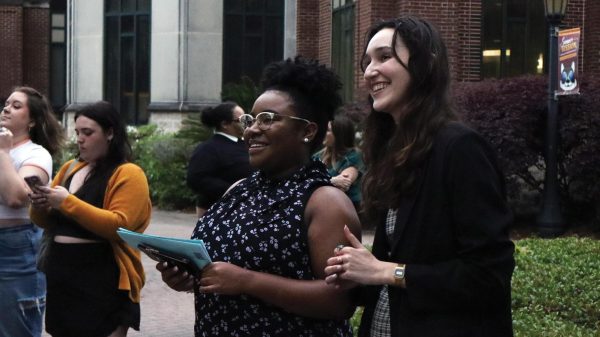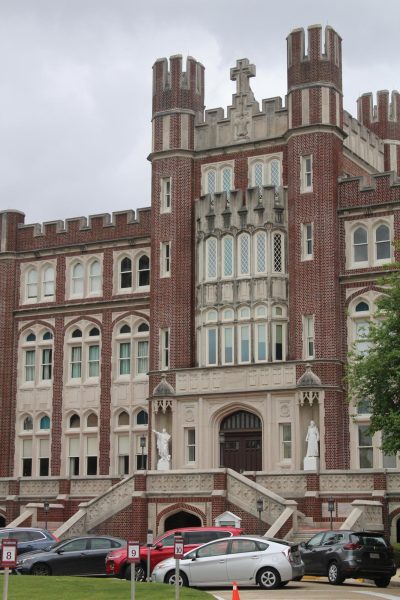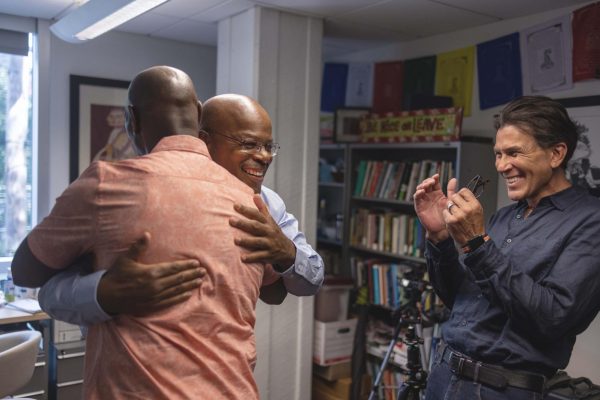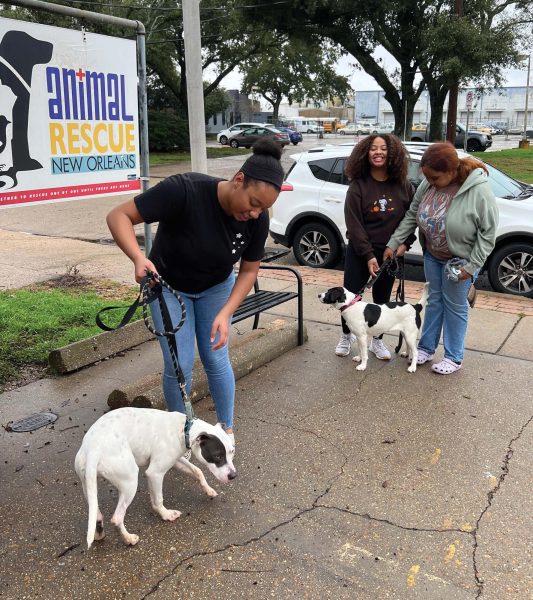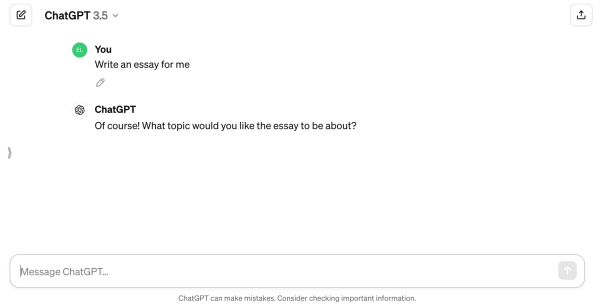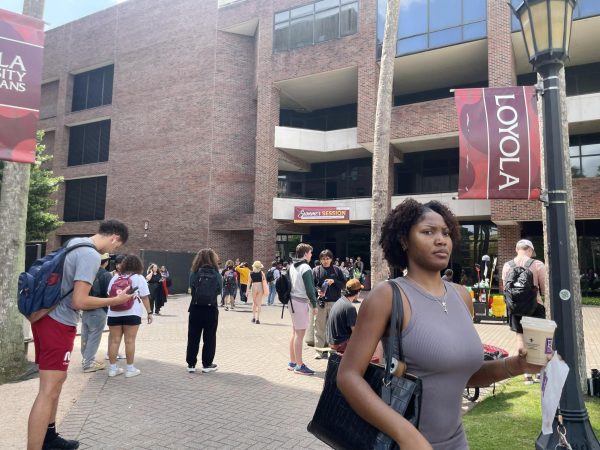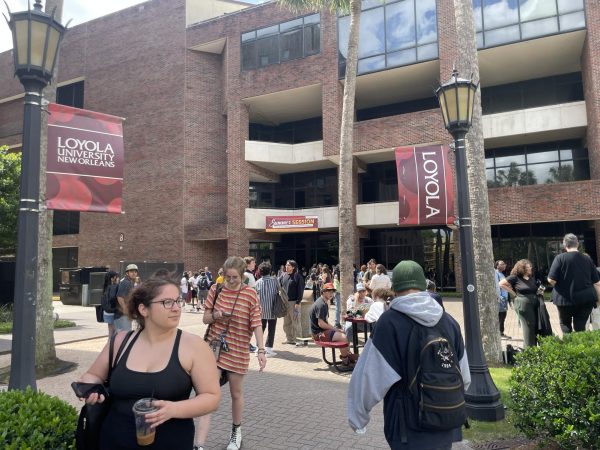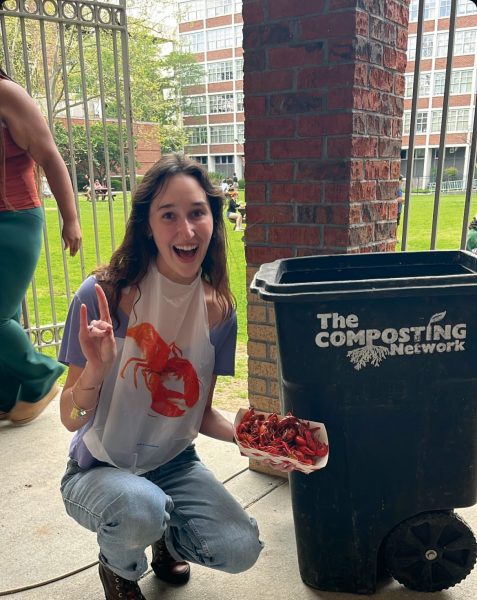United Brothers Association looks to unite students of color
February 25, 2019
“Educate, serve and lead” is the motto that guides the lives of the Loyola students who chartered the United Brothers Association.
When coming to Loyola’s campus in 2014, Daniel Garrison, marketing senior, decided there was a need for a community focused on the academic, mental and physical well-being of men of color on campus.
“There was the Black Student Union, but I felt like there wasn’t really any other community that was open to my identity,” Garrison said. “The United Brothers Association is something that I needed when I was a freshman. It’s a space where men of color can be who they are.”
The group was chartered in November 2018, with the goal of presenting an opportunity to serve what members saw as an under-served community, mainly men of color, on campus and in New Orleans. The United Brothers Association wants to bridge the gap between members of “the diaspora,” Garrison said when defining the men of color, and bring individuals from the Loyola community into the New Orleans community.
“I wanted the men of color on this campus to have an organization that they can actively participate in,” Garrison said. “There’s not enough interaction, in my opinion, between the everyday Loyola student and the everyday citizen of New Orleans. No one can tell you how to make change. You have to make the change yourself.”
The United Brothers Association focuses on introducing diverse, multicultural groups at Loyola to the diversity of New Orleans by educating its members about what isn’t taught on campus and by educating the New Orleans community through service.
“We can earn letters behind our name,” Garrison said. “But if we’re not doing anything in the community that gave us the opportunity to get here, then what’s the point?”
The organization’s members are currently working on a community-service schedule for the spring 2019 semester, including community clean-up events and the distribution of care packages to people in need. Garrison said he believes active participation and decision making from the student members and not just the executive board is what makes the organization stand out on Loyola’s campus.
The United Brothers Association also allows its men of color to fight stigmas around mental health among people of color, according to Garrison. The organization believes that men of color have a stigma that prevents them from being able to discuss mental health issues.
According to Asia Wong, University Counseling Center director, there are two types of stigma: internal and external.
“At Loyola, we have a very open and inclusive environment regarding mental health,” Wong said. “There is very little actual external stigma in the Loyola community at large.”
Internal stigma, she added, varies from person to person.
“It has a lot to do with ideas about mental illness in your family of origin, and your home community. Cultural differences around preconceived notions of mental illness also impact our internal belief systems,” Wong said.
Both the University Counseling Center and the United Brothers Association focus on elevating mental health to the same level of importance as physical health. The association provides a community for men of color to educate themselves and the community, serve Loyola and New Orleans and lead by example.
“The United Brothers Association is a place for us to be true to ourselves and also explore what it means to be a man of color on Loyola’s campus, in New Orleans and in America,” Garrison said.







